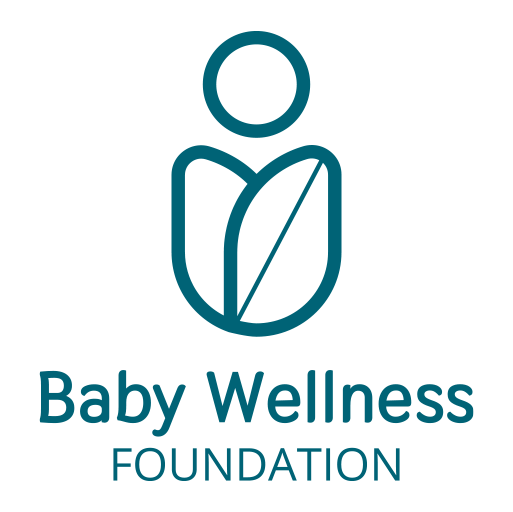Approfondimenti scientifici
The sleep of the newborn
It’s important to remember that every baby is different. Expecting all babies to behave the same way when it’s time to sleep or during the night is a mistake. Some babies fall asleep easily, others struggle to relax and drift off. Some sleep through the night, while others wake up frequently. Some need only a few hours of rest, while others require much more.
How does the fetus sleep
In the womb, the fetus initially alternates between periods of motor activity and quietness, with intervals ranging from 0 to 60 minutes. During the second half of pregnancy, a sleep-wake cycle appears, lasting about 2 hours. This rhythm is supported by maternal factors: hormones (melatonin, cortisol), blood sugar (maternal meals), temperature, and rhythmic uterine contractions.
Toward the end of pregnancy, the states of “active sleep” (characterized by rapid eye movements – REM – and some body movements) and “quiet sleep” (absence of movement) become well differentiated. During quiet sleep, important developmental processes occur, including the maturation of all organs, hormone secretion, and the repetition of wakefulness experiences. From early life, time spent sleeping fosters the baby’s development.

From birth to 4 months
A sleep cycle in a newborn lasts 50–60 minutes. Therefore, waking up is more frequent in young infants, who can sleep up to 18–19 hours a day, though this varies widely between individuals.
After birth, the baby loses prenatal maternal influences, so the 24-hour rhythm is no longer maintained. This is why there are no predictable sleep times in the first weeks. Around 6–8 weeks of age, there is a gradual increase in nighttime sleep periods. By 3 to 4 months, the baby may begin to synchronize with external rhythms, such as the light-dark cycle—thanks to melatonin production, which becomes significant around 3 months—and with the rhythm and quality of social interactions, as well as meal patterns.
Between 2 and 4 months, the body is physiologically ready to re-establish the 24-hour sleep-wake rhythm. In our society, most infants from 4 months onward take three daytime naps (mid-morning, early afternoon, late afternoon) and a nighttime sleep interrupted by short, normal awakenings (on average 2–3 times). This pattern is supported when parents maintain consistent and predictable routines.
Sleep evolution follows stages of psychomotor development, particularly the acquisition of the ability to manage separation from the mother and the external world—which includes falling asleep. It’s important for parents to trust their baby and offer gentle guidance. These are foundational steps in developing the child’s self-confidence and ability to cope with anxiety in unfamiliar situations. Hence, the importance of pre-bedtime routines in which the child can participate increasingly actively and take ownership.

From 4 to 7 months
Around 4–5 months, babies develop a greater understanding of being separated from their parents and begin to anticipate what is about to happen. Infants who fall asleep in one situation (e.g., in a parent’s arms in another room) and wake up in a different one (e.g., alone in a crib) may now find it harder to fall back asleep, calling for a parent to comfort them. This becomes more noticeable around 6–7 months, when recognizing strangers and new environments makes adapting to change and separation even more difficult. At this point, sleep becomes increasingly dependent on the baby’s emotional and relational wellbeing throughout the day.
If, during normal night awakenings, the baby finds everything unchanged from when they fell asleep (same environment, darkness, parent nearby…), it will help them fall back asleep and gradually accept bedtime more easily. The opposite situation can increase bedtime struggles, lead to lighter sleep, and more frequent wakings. From 6–7 months onward, feelings of safety during separations from adults become essential.
At every age, sleep quality is influenced by individual factors (temperament, pre- and perinatal experiences), environmental and relational factors (attachment to a parent, family dynamics, habits, expectations), and physical factors (health issues or illness).
Other sleep challenges may appear when the mother returns to work, during daycare adjustment, family stress, changes in routine, or before major developmental milestones (like walking or new language skills). In such cases, children may exhibit disorganized behavior, including irritability and trouble staying asleep.
